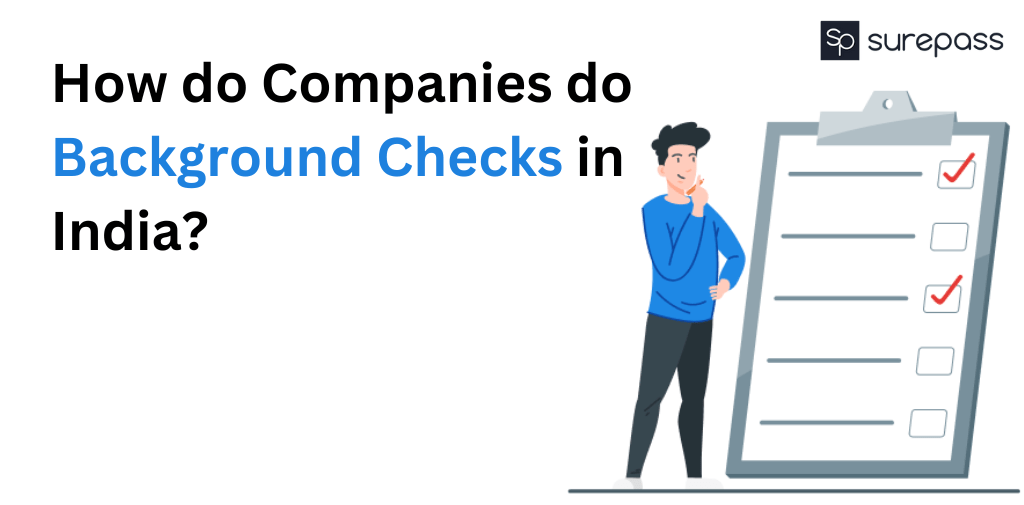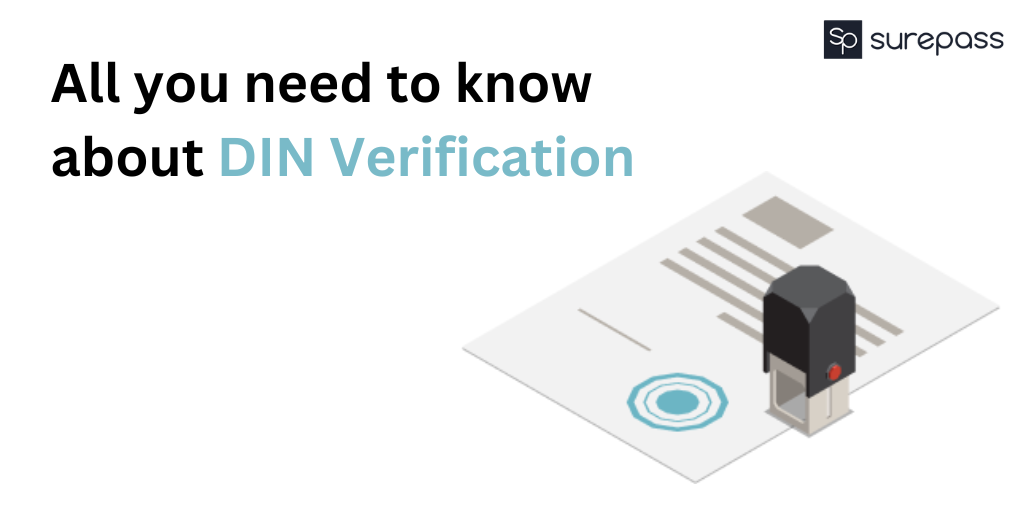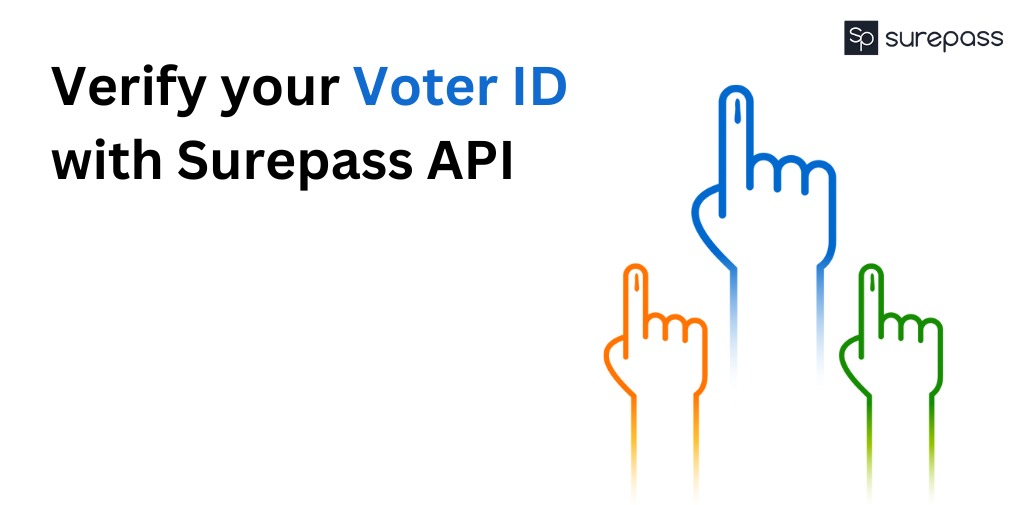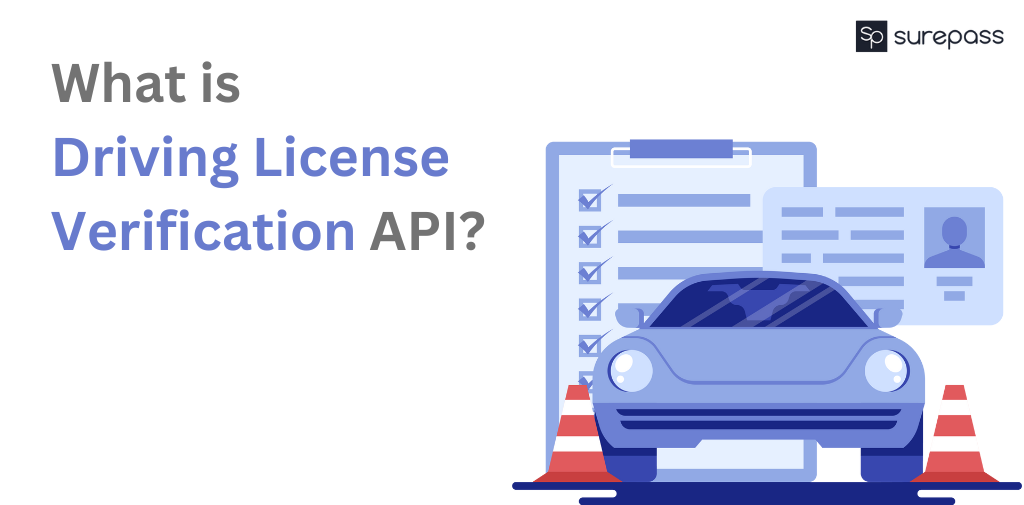What Is the BGV Process?
Background checks on potential hires are crucial for making informed hiring decisions. Background checks help firms protect themselves from fraudulent activity, confirm that newly hired personnel have the skills and qualifications required for the role, and validate the credentials, education, and work experience of candidates.
Background Verification- Benefits
Employers can screen a candidate’s profile in all aspects, from schooling to employment to a criminal background check, to prevent legal issues and guarantee that the workplace is free of risks and hazards.
- Good Company Reputation Sales and brand image may suffer as a result of employees with criminal or questionable job histories negatively impacting the company’s reputation.
- Enhanced Employee Retention: By helping businesses identify people who are more likely to remain with the company over the long run, a comprehensive background check may help cut down on the time and money spent on hiring and training new employees.
Employee Background Verification- how is it done?
Screening applicants has become easier than it was previously, owing to the digitalization of public data such as NIDs, driver’s license, and negative and private databases for judicial records and criminal histories. The background verification
process normally takes 2 to 5 business days. However, the duration may vary based on the degree to which an organization wants to investigate the candidate’s past (primarily for leadership roles).
The checks are typically undertaken after a candidate has passed all of the stages of the interview. The procedure begins with identity checks, followed by job verification by phoning your previous employer. Then, firms search public databases (criminal records) for any unlawful conduct. Then they search through your academic records to confirm your degrees and certifications.
Automate your KYC Process & reduce Fraud!
We have helped 200+ companies in reducing Fraud by 95%
Background Verification Process
The following are some common processes in a normal background check procedure in India:
Verifying the candidate’s identification via a government-issued ID card, such as a passport, driver’s license, or Aadhar card, is the first step in the background check process.
- Verification of education: The employer can get confirmation of the candidate’s educational background by getting in touch with the college or board that awarded the degree or certificate.
- work verification: The HR departments of potential candidates’ previous employers are contacted to verify the job titles, responsibilities, and duration of service. This process authenticates the applicants’ work history.
- Criminal background check: By comparing criminal records to the private databases containing negative information, the company may do a criminal record check.
- Reference check: In order to verify a candidate’s work performance, demeanor, and character, the employer may call the candidate’s previous managers or colleagues.
- Verification of address: To ensure correctness, the employer may verify the candidate’s previous and present addresses.
- Credit history check: Organizations can do credit history checks to verify that applicants have a thorough awareness of important topics like money management, warning signs of financial trouble, loan payback histories, and so on.
There isn’t a single, universal approach to background checks in India. Background checks are performed differently by various companies.
Also Read: 5 easiest ways to Download Udhyam Certificate
Background Check In India
To conduct the above-mentioned checks, large private and medium-sized organizations collaborate with prominent third-party background verification companies in India, such as Surepass. Then there are small businesses that choose to delegate all HR tasks to an in-house staff. Before giving a job, government businesses or PSUs do a thorough background check.
Industries That Are Most Suitable For Background Checks In India
- White-collar industries (financial services, accounting, IT, and so on)
- Blue-collar industries (logistics, large-scale manufacturing, construction, energy, and utilities)
- Government services.
- Educational institutions
- Workplaces involving “special care” persons (for instance, children and adults with disabilities)
- Any profile that requires a particular license.
Conclusion
The procedure and scope of the background check may differ based on the company’s regulations, the level of the position, and the industry. Whether it is a small business or a large private enterprise, having a strong background verification framework in place enables stakeholders to make excellent hiring decisions while being time efficient and productive.
Employee Background Verification with Surepass
Comprehensive and seamless background verification may help you build a long-term connection with new personnel while also providing a friendly and safe workplace.
Surepass emerges as a significant third-party enabler that assists HR teams in gaining data-driven insights into applicant history and automating background verification routes, allowing them to focus on personalization during and before onboarding, as well as offering human interactions where desired. Organisations may increase transparency and trust in their ability to retain top people by implementing strong verification and onboarding systems.







Sachin Bhola
More posts by Sachin Bhola